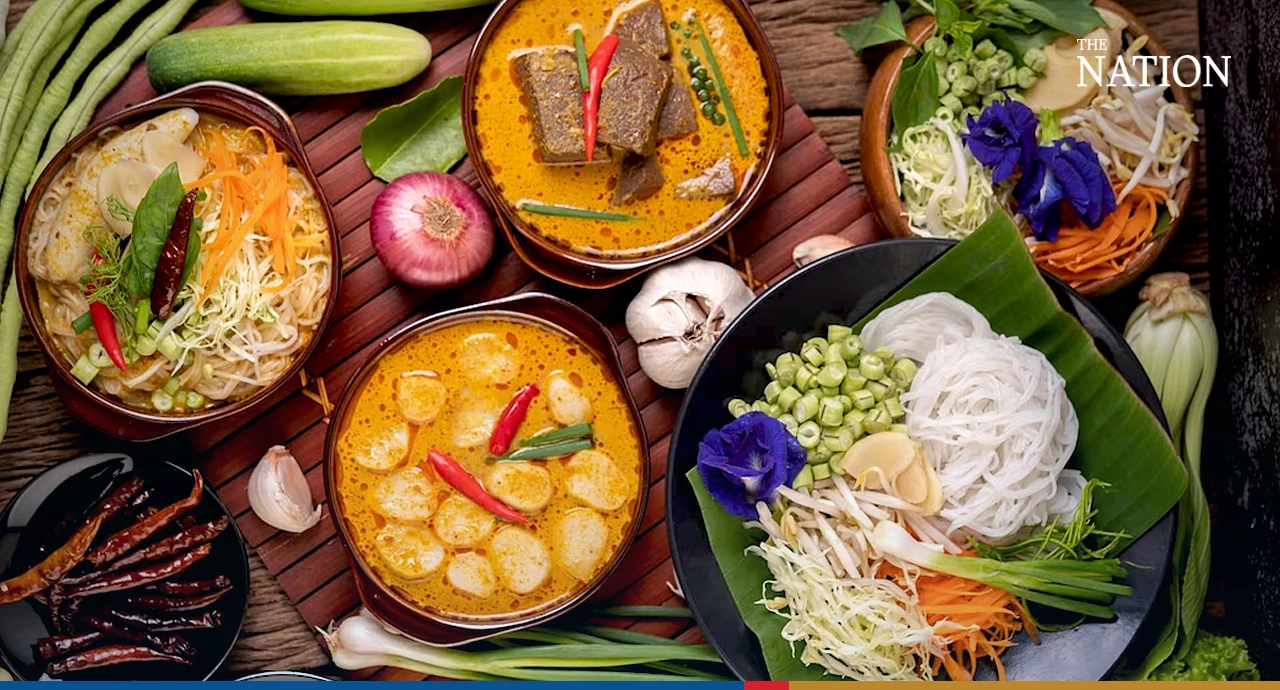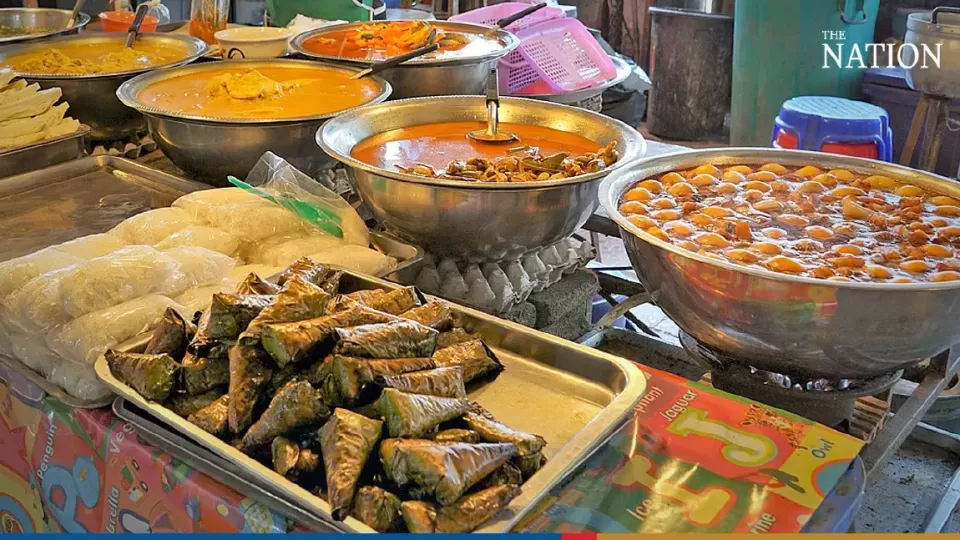June 9, 2023
BANGKOK – The state of food security in Thailand is currently grappling with various challenges in the wake of global food shortages. To ensure sustainable food security, the Kingdom must address four key issues identified by the Food and Agriculture Organisation (FAO).
The availability of food is a critical factor for human survival. Food scarcity can have a profound impact on health and productivity, leading to potential conflicts, and having sufficient food is considered a vital aspect of stability.
Recognising its significance, the United Nations has designated food security as the second goal of the Sustainable Development Goals (SDGs), aimed at eradicating hunger, achieving food security, improving nutrition, and promoting sustainable agriculture.
The FAO has reported a growing severity of global food shortages since 2014. Key factors contributing to this trend include escalating climate change, resulting in global warming, natural disasters, water scarcity, and their detrimental impact on agricultural production. Additionally, the growing population, shrinking agricultural land, and the emergence of epidemics and conflicts between countries have further amplified the instability of food security.
Growing global food shortage
According to the FAO’s Global Report on Food Crises 2022, nearly 193 million people in 53 countries worldwide faced food insecurity in 2022. This number has increased by approximately 40 million people compared to the previous year due to rising food prices. The increased food prices have particularly affected countries with low-income populations, as food expenses typically account for at least half of their total expenditures.
The World Bank has also highlighted that a 1% increase in food prices pushes an additional 10 million people into extreme poverty. Consequently, it is crucial to implement measures to address this issue and ensure the resilience and survival of populations within each country.

Thailand ranks 64th for food security
Thailand ranks 64th in global food security according to the 2022 Global Food Security Index (GFSI), which assesses and reports on the food security situation in 113 countries worldwide. Thailand’s score of 60.1 out of 100 represents a slight improvement from the previous year’s score. In the Asia-Pacific region, Thailand ranked 9th among countries in the Pacific-Asia group and 15th among countries with medium-high income levels, indicating a relatively favourable food security situation.
Despite this ranking, under the FAO’s definition of food security, which comprises four components: availability, accessibility, utilisation, and stability, there are still significant issues that Thailand needs to address. The following are the major issues that Thailand must focus on in its battle for food security:
Food Availability: This entails increasing food production in Thailand to ensure an adequate and consistent quantity of food. The Self-Sufficiency Ratio (SSR) is a measure used to gauge this, indicating the proportion of domestically produced food compared to the total amount consumed in the country throughout the year. Thailand has achieved an SSR exceeding 100% for staple and important food items commonly consumed by the majority of Thai people, including rice, chicken eggs, chicken, pork, and farmed shrimp. Additionally, Thailand can also export some food products to generate income for the country.
Food Access: This refers to the ability to obtain quality and nutritious food resources, reflecting the issue of hunger. According to The Global Hunger Index (GHI) report in 2023, Thailand has a moderate level of hunger, ranking 53rd out of 116 countries. Approximately 8.8% of the total population in Thailand, equivalent to approximately 6.2 million people, lack adequate nutrition.
Food Utilisation: Food utilisation involves understanding and benefiting from food in a suitable manner, including hygienic food preparation that adheres to nutritional principles. In Thailand, there is still a lack of knowledge, understanding, and behavioural practices aligned with good nutrition, resulting in inadequate intake of essential nutrients. Taste is prioritised by 22.5% of Thai people when it comes to food consumption, according to the Health Behaviour Survey of the National Statistical Office in 2023.
Food Stability: This refers to the ability to access sufficient food even during times of crisis, without the risk of food shortages. Global economic conditions and challenges posed by climate change significantly impact food stability. Thailand has developed systems for emergency food and water management, disaster prevention, early warning, mitigation, and promotion of sustainable agriculture. Additionally, self-reliance at the household and community levels plays a crucial role in ensuring access to food and water during various crises. The impact of the Covid-19 pandemic on food security in Thailand was not severe due to the important role played by communities.
According to the National Statistical Office’s survey on the impact of the Covid-19 pandemic on households in Thailand in 2022, households faced challenges related to food, such as limited food variety and inadequate consumption of nutritious and beneficial food. Low-income households experienced more serious food problems across all dimensions compared to the highest-income households.
While Thailand currently has sufficient food production to meet the needs of its population, there are challenges and limitations in future food production, particularly within the agricultural sector. Additionally, there are constraints in accessing quality and safe food, especially for low-income individuals, those living in remote areas, and those facing unsafe food production. Moreover, issues related to lack of nutritional knowledge, poor dietary habits, and food waste pose significant challenges for Thailand.



